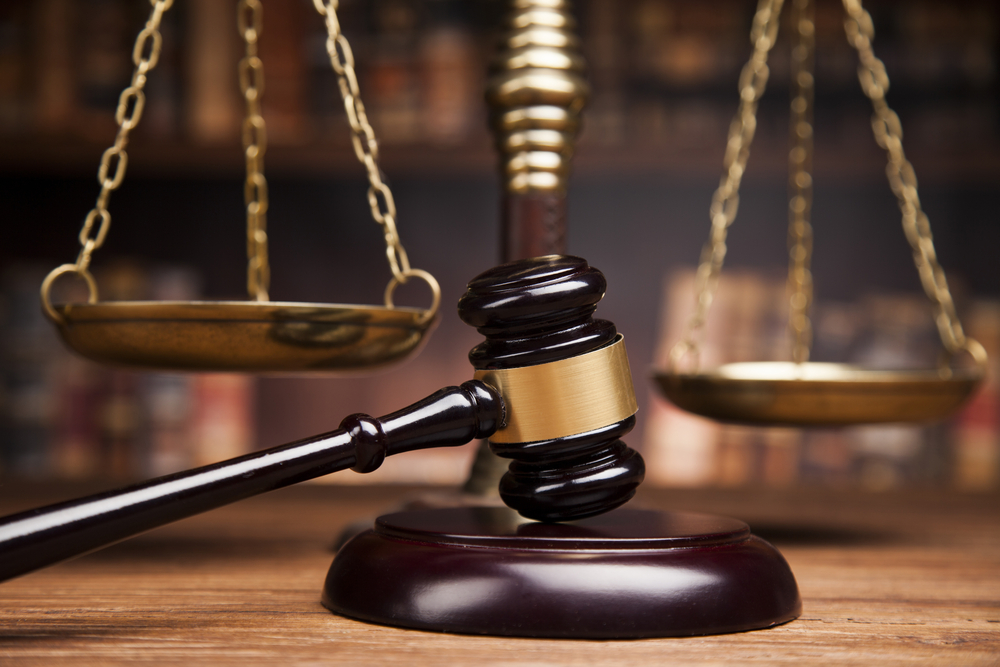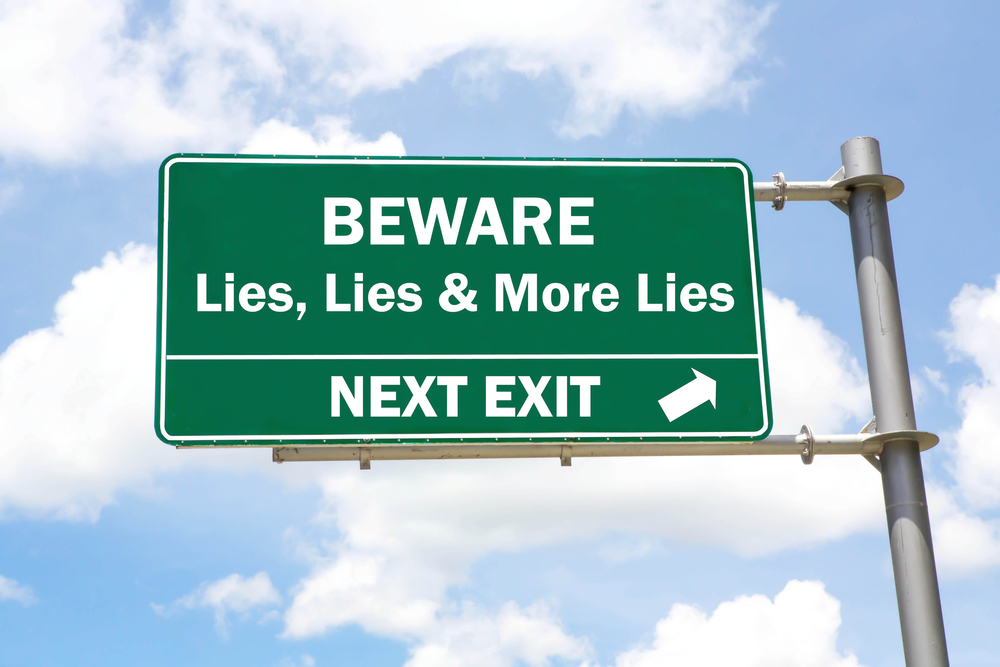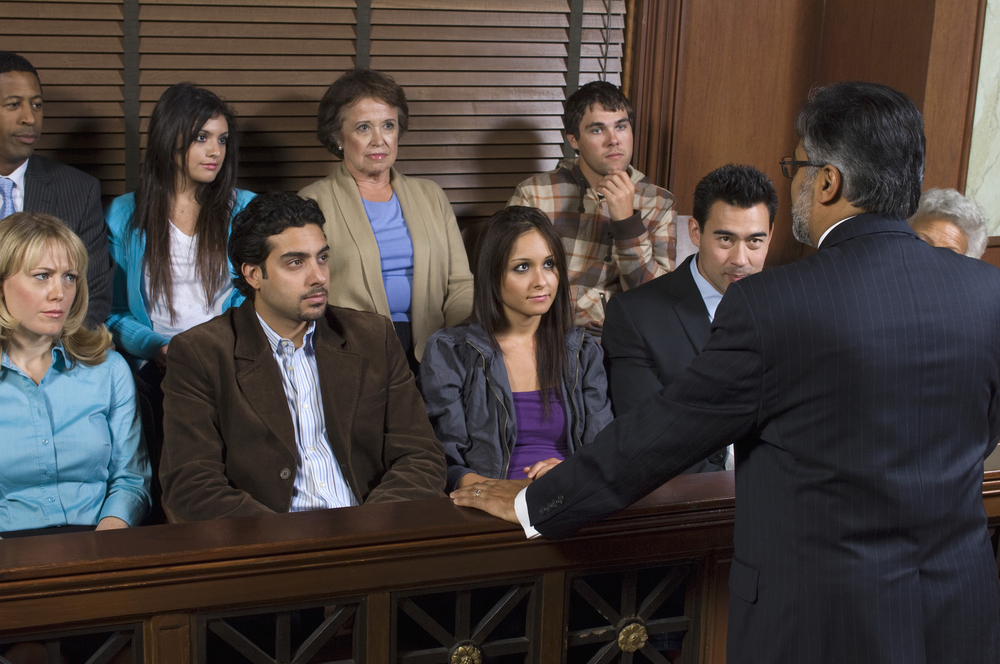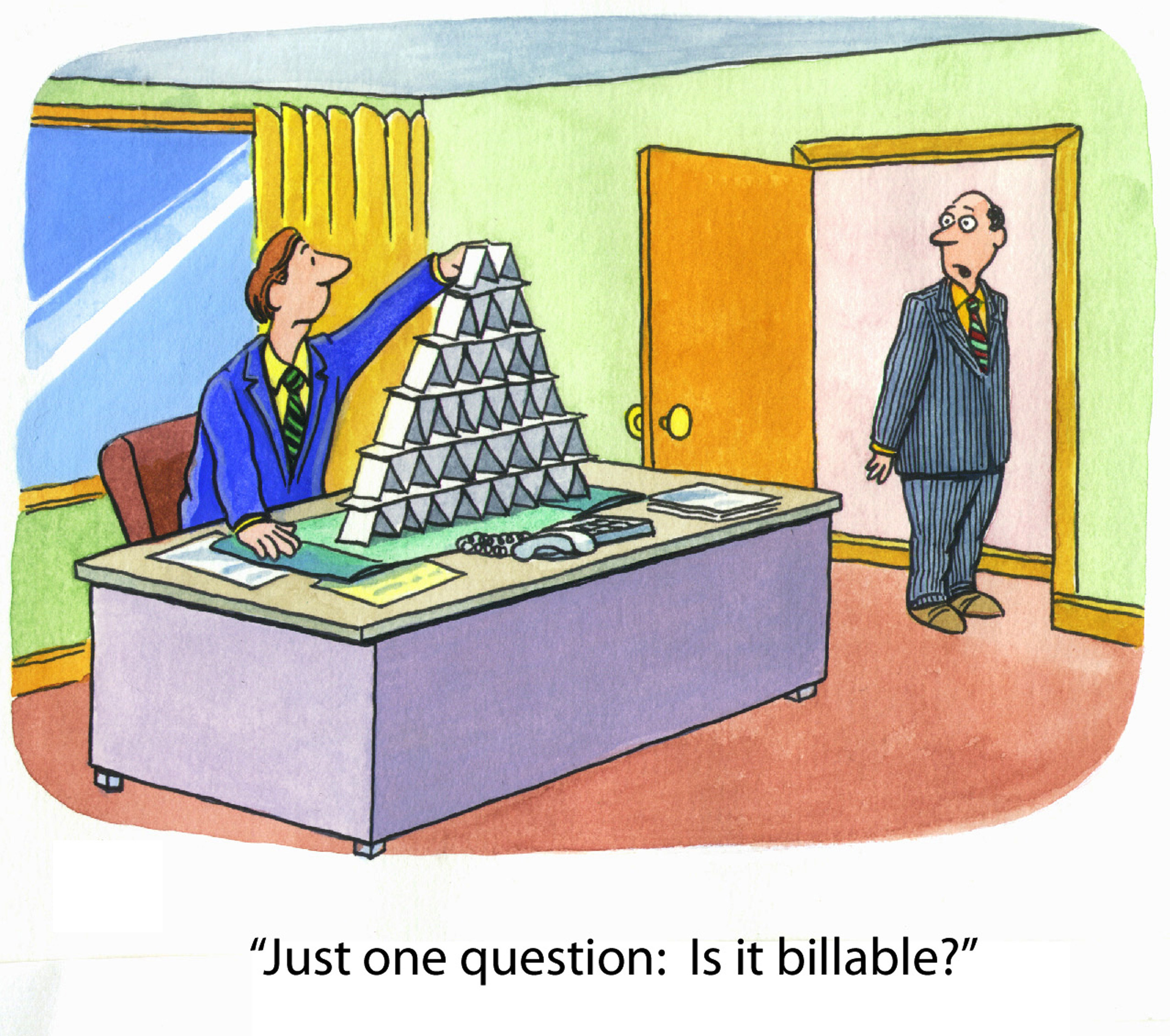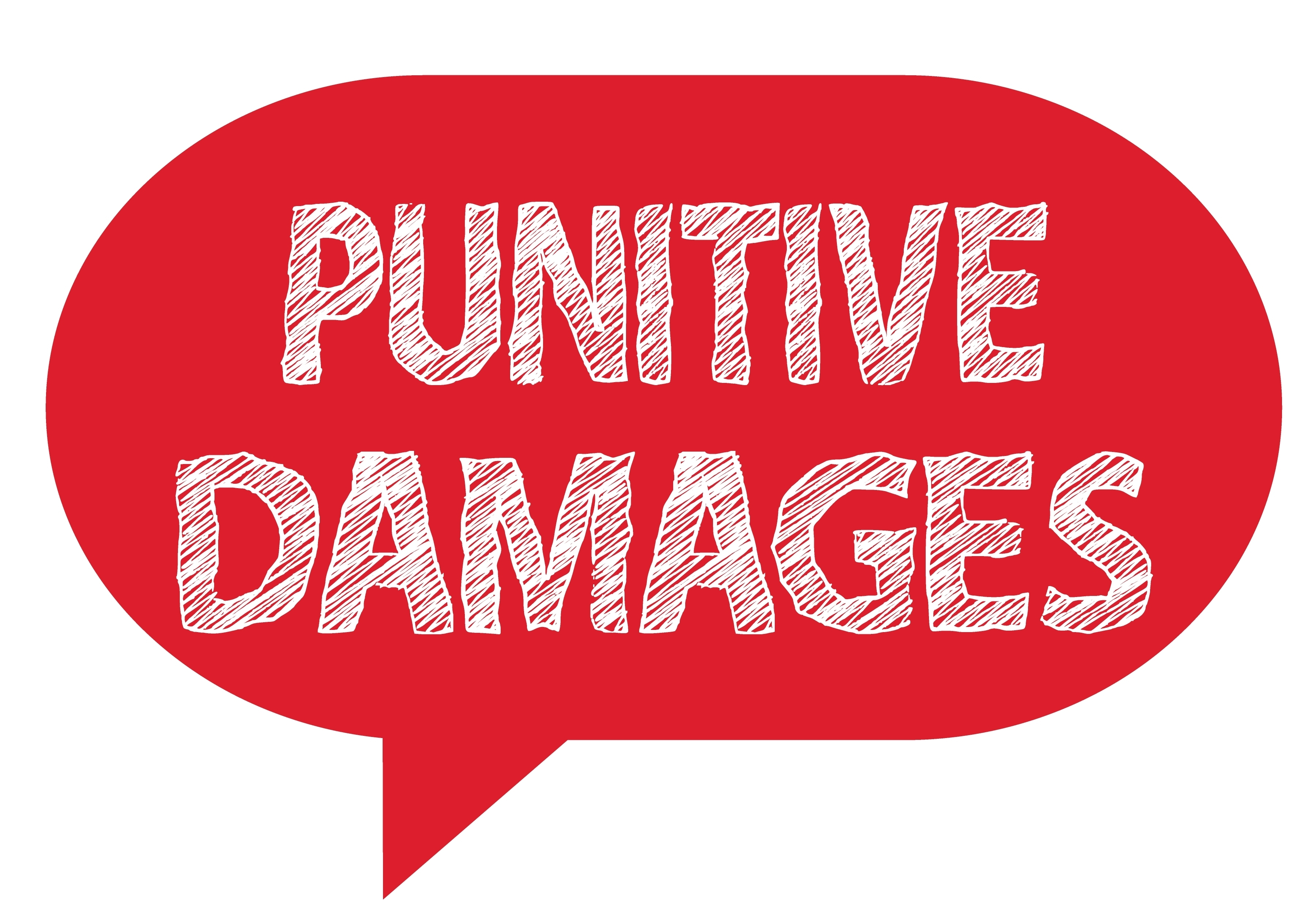Quick Note: Order Denying Attorney’s Fees Reviewed De Novo
An order denying a motion for attorney's fees is generally reviewed under a de novo standard of appellate review. In a recent case I wrote about dealing with a coverage dispute between an insured and a property insurer, both the insured and insurer moved for attorney's fees after the jury's verdict. In this case, the insured moved for attorney's fees pursuant to statute -- Florida Statute s. 627.428. The trial court denied the insured's motion. The insurer moved for attorney's fees pursuant to a proposal for settlement / offer of judgment it served under Florida Statute s. 768.79. The trial...
Continue reading






